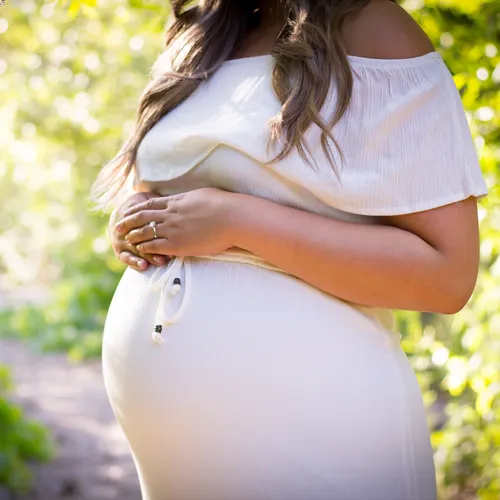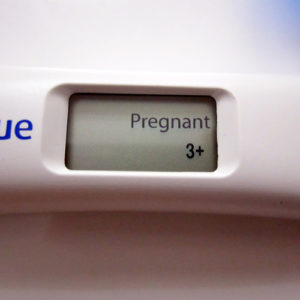Over the past few decades, there has been a noticeable trend of women starting families later in life. Statistics show the average age of first-time mothers in the UK reaching 30.7 years old in 2019. With advancing careers, higher education participation, and evolving lifestyle choices all playing potential roles, more women are considering fertility beyond the age of 35. For those hoping to get pregnant in their late 30s or 40s, in vitro fertilization (IVF) may provide helpful options despite natural age-related fertility declines.
Shifting Societal Norms and Parenting Timelines
- Since the 1970s, there has been a continuous rise in the average age women become mothers, now reaching 30.7 years old on average.
- More women than ever before are attending university. Government statistics from 2018-2019 indicate 57.1% of higher education students were female.
- While workforce gender equality still requires progress, women’s participation continues increasing across more industries and senior levels compared to decades past.
- With evolving social norms and opportunities, women have more freedom deciding if and when to start families.
Considering Fertility Treatments Later in Life
- Natural fertility starts decreasing in a woman’s mid 30s, more sharply declining after 40 years old.
- In their early 30s, women have around a 20% chance per menstrual cycle of conceiving. This drops to 5% by age 40 and just 1% by 45.
- Egg freezing in a woman’s early 30s may help improve the chances of successful fertility treatments later on when she is ready.
- Despite advancing medical options, biological realities persist that women’s natural reproductive years are fewer than men’s.
Why Fertility Declines With Age
- Women are born with all the eggs they will ever have, with both quantity and quality decreasing over time. By their 40s, few remaining eggs may be genetically viable.
- Older pregnancies have heightened risks of miscarriage and fetal chromosomal issues like Down Syndrome.
- Evidence also shows older paternal age decreasing sperm quality and increasing chances of autism, ADHD, and other childhood disorders.
Is There An Age Limit for IVF Treatment?
- There is no defined legal age limit dictating access to IVF treatment in the UK. However, using a woman’s own eggs over 45 years old is not generally recommended.
- With egg donation from a younger woman, IVF chances can remain higher for women over 45. Most clinics still set their own maximum age cap policies.
Alternatives With Donor Eggs
For women unable to use their own eggs due to age or other fertility issues, donor eggs provide alternative IVF options.
- Success rates tend to be higher owing to younger egg donor ages.
- Recipients can select donors matching desired hair color, eye color, ethnicity, etc.
- UK donors’ identity may be released to conceived children after turning 18 years old. So legal considerations around privacy and relationships merit careful thought beforehand.
Deciding What’s Right For You
While more women are choosing motherhood later in life, natural biology continues imposing certain constraints around fertility. Each person needs to weigh up reproductive goals, relationship plans, evolving technologies, ethical issues, and alternative paths to parenthood. Seeking qualified medical guidance around fertility screening and treatment options makes sense when thinking through these deeply personal choices.
Photo by Ryan Franco on Unsplash
Zoom Baby is a leading supplier of Pregnancy Tests and Ovulation Test Kits





